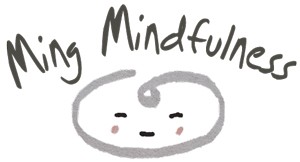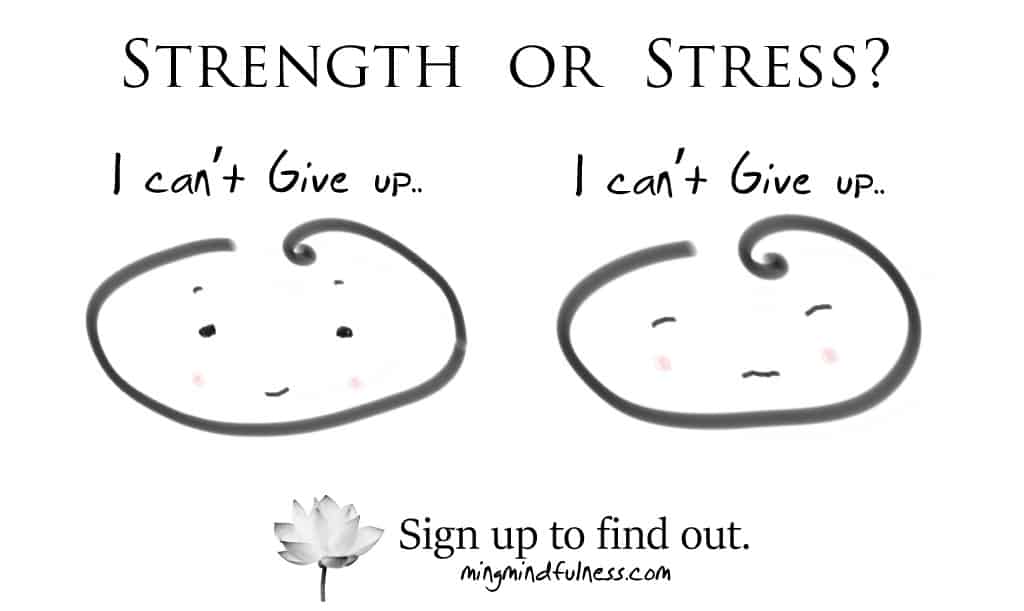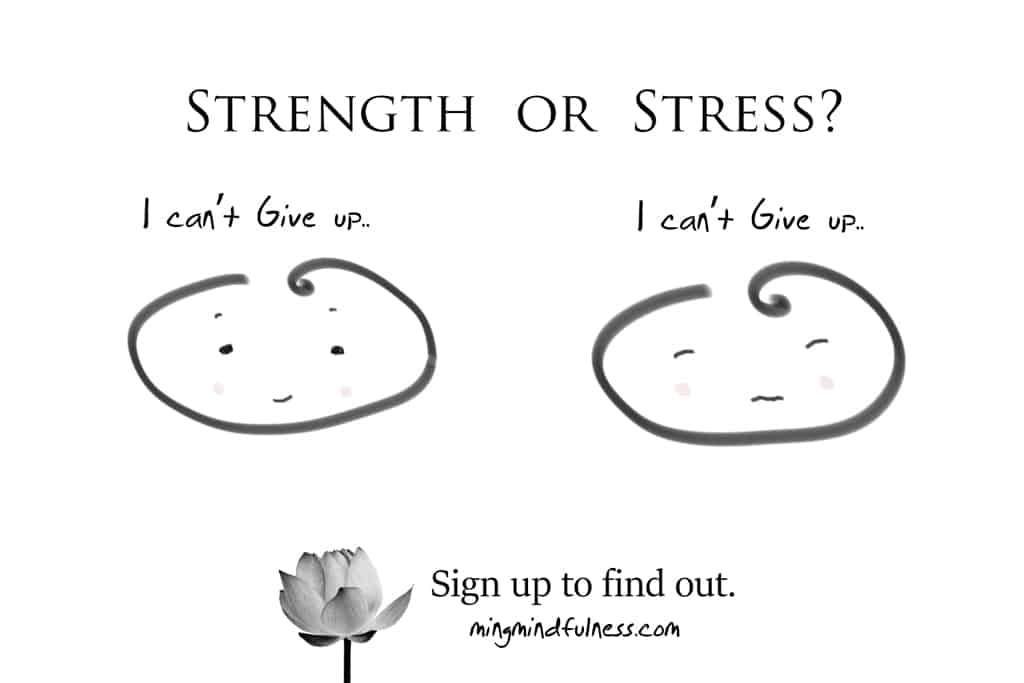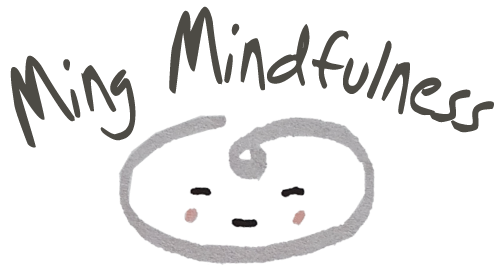
When I first started Yoga (for weight loss) about 10 years ago, I tend to be quite impatient when the teacher request for intentions or dedication of practice to the self or loved ones. It’s like ‘Get on with the actual doing already!’.
We tend to be in a hurry to do, to act, and forgetting that it is just as important to manage our state before entering the space. It happens in our daily life – we dive into a workout before noticing the body needs a warm up, or when we shoot our mouth off before noticing our anger.
After the initial enthusiasm waned, my yoga practice became irregular. I would go for an intense burst, then possibly stop for weeks or months. I got frustrated with my lack of discipline, but I didn’t think it had anything to do with intention setting. It was in mindfulness practice that I noticed the value of intention, which eventually brought depth to my yoga practice.
You can say that my intention then was weight loss, however weight loss was also my desired outcome. Most of our desired outcomes (e.g. fit body, retire young, learning something new) don’t happen overnight. When our full attention and intention is only focused upon the outcome, it is harder to sustain the behaviour when we don’t see results. Hence, it is always more useful when our intention encompasses an attitude, or a perspective that we wish to frame the entire journey we are in. Questions that I like to ask myself –
‘How do I like to approach today’s practice?’
‘Is there an emotion or attitude that I like showing up more in my life?’
Ease, beginner’s mind, kindness, present, playfulness… whatever it might be. I embody the essence of how my intention feels before I enter the practice. Whatever happens in the practice, even if impatience or frustration arise, I remind myself of my intention and its embodied experience, i.e. ease, beginner’s mind, kindness etc.
It is not to push away the negatives that arise in the moment, it is to practice a new way of relating to whatever arises in the moment.
And yoga practice, like mindfulness practice, becomes more embodied and consistent when it is an intention led practice. A particularly moving practice I had was when the teacher suggested to dedicate each of our movement to the benefit of the world. It connected with me because with a healthy body and mind, I know I can be a better person for my family, friends and the community. It was such joy, moment to moment, because even the simplest movement of raising an arm now holds rich meaning and purpose.
Our intention is usually backed or motivated by our values (e.g. health, relationships, existential meaning, growth), which shapes our desired outcomes. Thus clarity and reflection on our values can also be greatly beneficial in instilling discipline and sustained motivation. We don’t have to fall back only on the tangible outcomes to sustain our behaviour; which in any case, is usually not very useful in producing long term change.
If there is no conscious intention, our actions are run by our autopilot. If the intention is unclear, outcomes will likely be scattered. This means we are also more likely to give up. A clear and focused intention, backed by a strong value, helps to reinforce our discipline and motivation. We are more likely to derive transformation and reach desired outcomes if we are able to hold a stable intention moment to moment. All actions, even the simple act of picking up a stone, starts with the seed of intention in our mind.
I must also admit that it can be a little bit of the chicken and egg dilemma, for I notice that with better attention and focus which I trained while practicing, it then became easier to hold intentions clearly and strongly. Hence, it is not necessarily true that one must have intention before the practice, but both does reinforce each other. So, I guess we all just have to start somewhere, and really just recognise that we are not saints or mind masters right from the beginning.
Intention setting for new habit or change.
Using this example – ‘I have an interest to learn Mindfulness.’
Examining your values and motivations:
What was the ‘thing’ that draws you to Mindfulness?
Which aspects in your life might possibly benefit from a regular practice?
What stops you or hinders you in your quest?
Take a moment, there is no rush to ‘think’ or squeeze an answer.
Instead, pause, sit and land in your body. Ask yourself the questions, and notice what automatically arises.
So, Why are you here?
Why are you really really here?
Whatever it might be..
Why is it important to you?
Intention Setting:
Based on what you have gathered (motivations, values or outcomes you want) –
What kind of intentions (think in terms of attitudes and values e.g. ease, patience, objectivity, love) would be helpful moving forward?
Different examples of Intentions:
‘I think a mindfulness practice would benefit my anger management which then improve my relationships. Hence my intention is love, this reminds me of my ‘why’ to persist on.’
‘I do not yet fully understand why I want to learn Mindfulness, my intention is to be ok with this uncertainty and adopt a beginner’s mind in my learning journey. I will allow myself to go with the flow and see where this brings me.’
‘I sense a need for quick answers, to continue in the long run, my intention is to slow down when I sense this and be more patient in my quest.’
There is no right or wrong way. The key thing is that when you formulate your intentions, you sense a reassurance and helpfulness, a lightening or a relief because you feel supported or inspired by this intention. You can set different intentions daily as our energy level and mood fluctuates and requires different types of care.
Deeper Reflection:
What stops us or hinders us mostly have certain significance in our life. What is it? If there are fears, what are your fears telling you about what you value? E.g. loss of time for family.
Breathe in some gentleness to whatever answers that emerge when you reflect.
No hurry.
Moment to moment.
Steady and clear.
Comment Below: Do you practice intention setting? What new habits or changes do you want to cultivate in your life?









